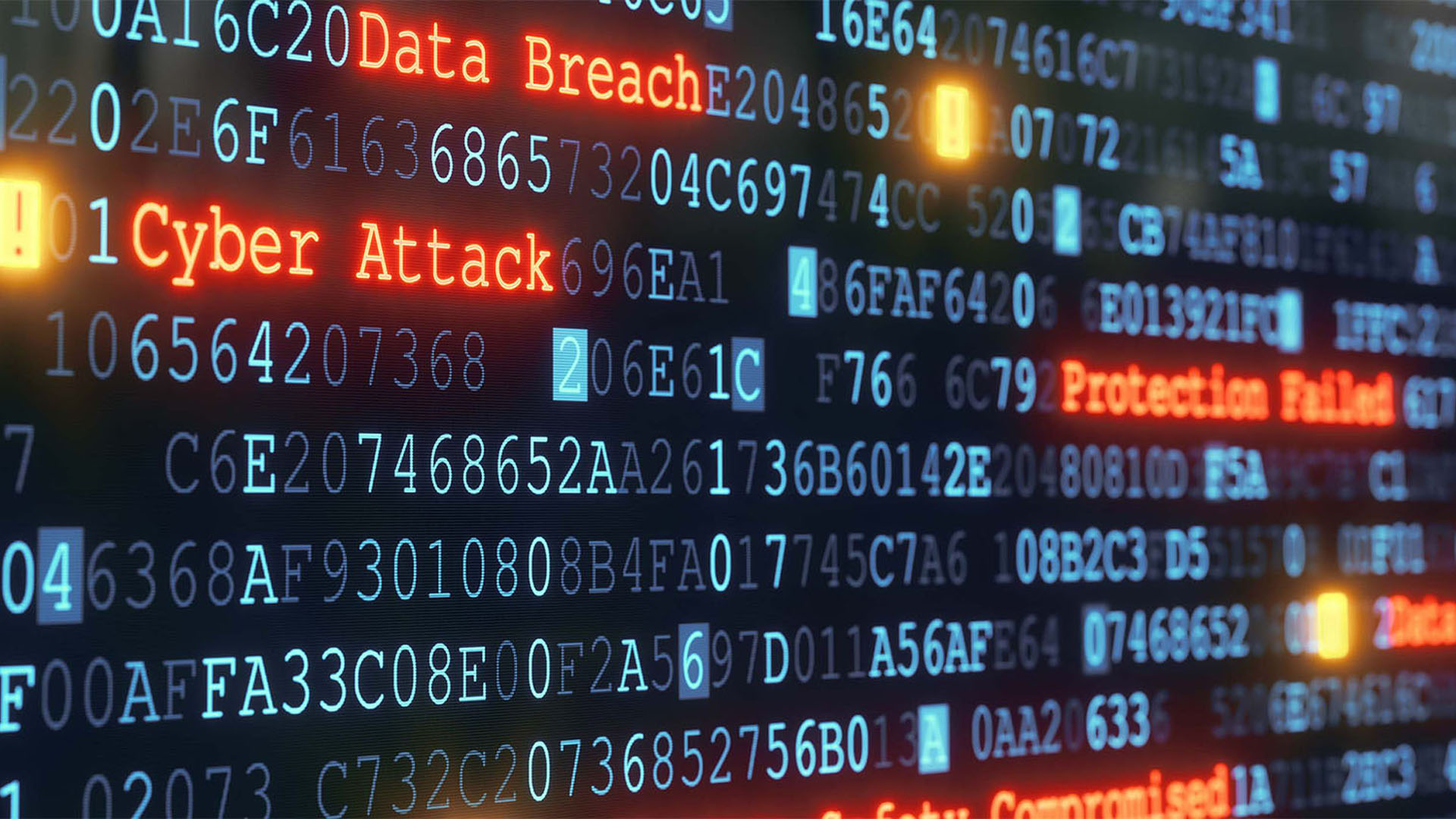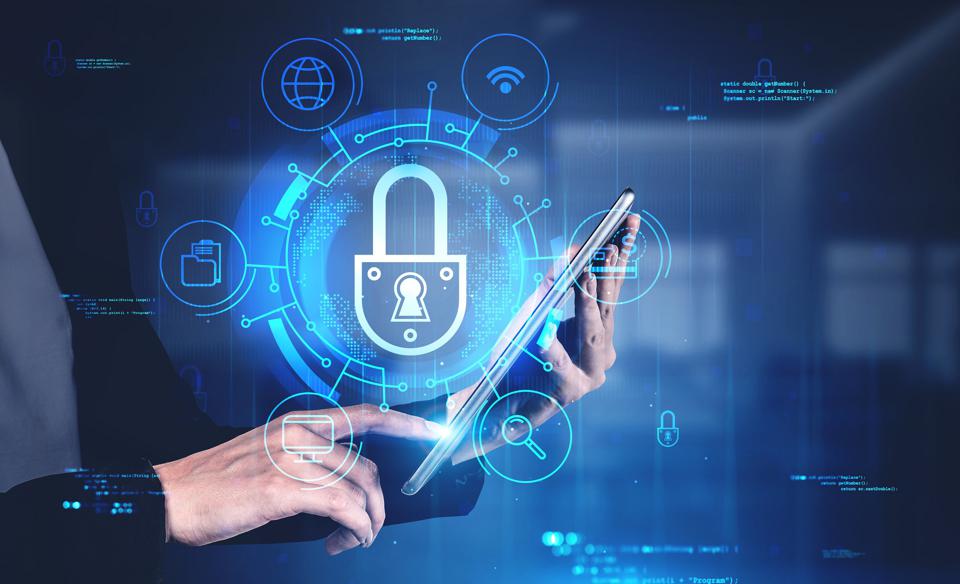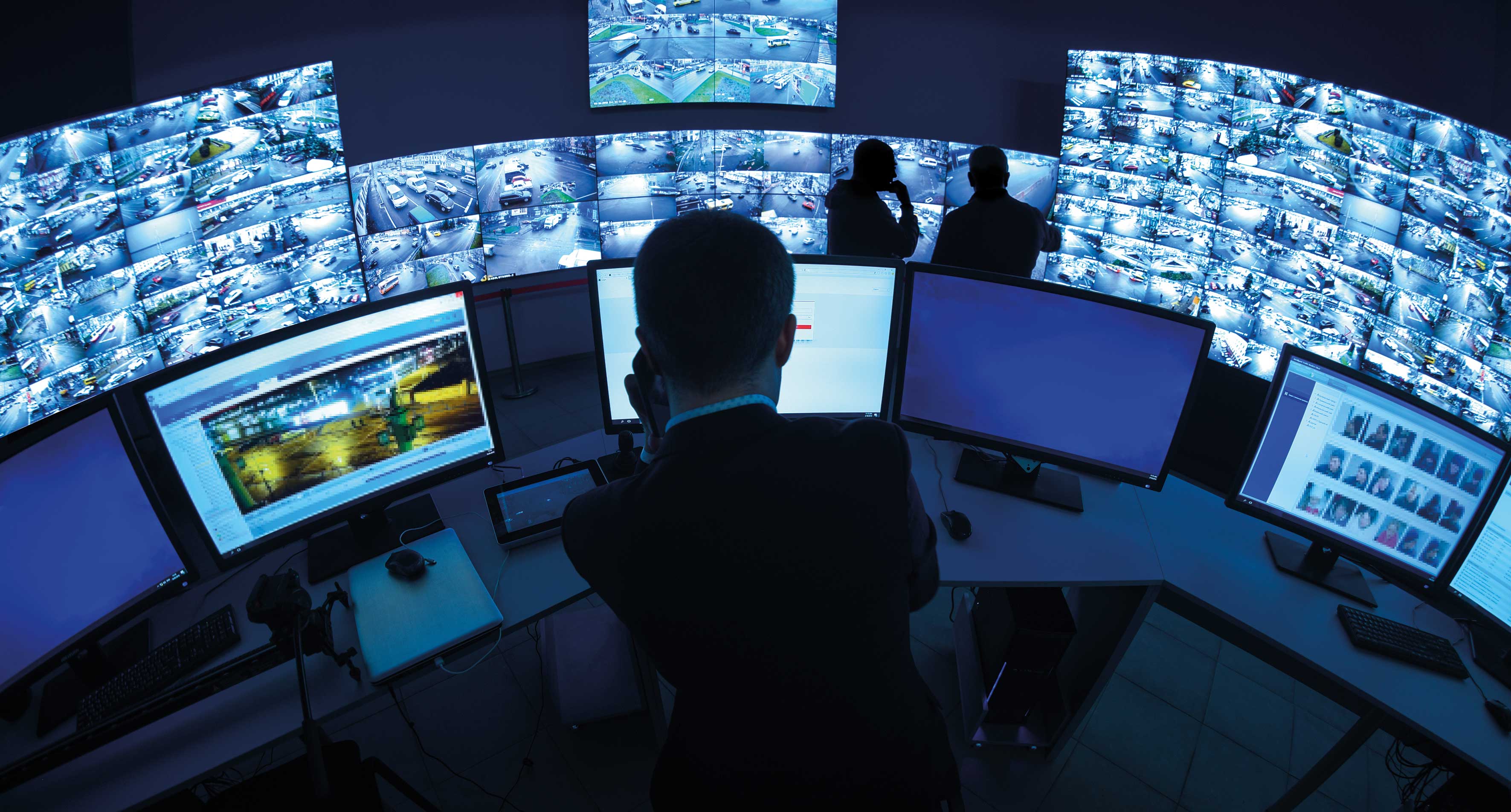Cyber Security
.
 DATA SECURITY -
DATA SECURITY -
At its core, data security is all about ensuring that sensitive information is kept safe and secure from unauthorized access, theft, or loss. In today's digital age, where businesses and individuals alike rely heavily on technology to store and manage data, data security has become a critical issue that demands our attention.
At the heart of data security is the use of various technologies and best practices to protect information from potential threats. These technologies can include firewalls, encryption, and access controls, among others. By using these technologies, we can help ensure that data is only accessible to authorized individuals, and that it is protected against cyber attacks, data breaches, and other threats.
One important aspect of data security is the protection of personal information, such as names, addresses, and financial information. This is particularly important for businesses that collect and store such data, as they have a legal and ethical obligation to protect their customers' information. In addition, data security is also important for protecting intellectual property and other confidential business information that could be valuable to competitors or cybercriminals.
To achieve effective data security, it's important to implement a multi-layered approach that encompasses various technologies and best practices. This may include firewalls and antivirus software to prevent external attacks, encryption to protect data in transit, and access controls to limit who has access to sensitive information. Regular security audits and vulnerability testing can also help identify potential weaknesses in a system and address them before they can be exploited.
Overall, data security is a crucial component of any business or organization that deals with sensitive information. By investing in the right technologies and best practices, we can help protect ourselves and our customers from the devastating consequences of data breaches and cyber attacks.
 SYSTEMS & DATA ACCESS -
SYSTEMS & DATA ACCESS -
Systems and data access are critical components of any modern business, and involve the use of advanced technologies and tools to provide employees with the data and resources they need to perform their jobs effectively. From a technology point of view, systems and data access involve the use of network and security systems that can protect sensitive data while also providing employees with the access they need to be productive.
To provide secure and effective systems and data access, businesses must first identify the types of data and systems that need to be protected, and then deploy the appropriate security measures to ensure that access is limited to authorized personnel. This may involve the use of firewalls, intrusion detection systems, and other network security measures to protect against external threats.
At the same time, businesses must also ensure that employees have the appropriate access to the data and systems they need to perform their jobs effectively. This may involve the use of access controls and user authentication systems to limit access to sensitive data and systems to only those who need it.
One key consideration when it comes to systems and data access is the use of cloud-based systems and services. By leveraging cloud technologies, businesses can provide secure and reliable access to their data and systems from anywhere in the world, making it easier for employees to work remotely and collaborate with colleagues in other locations.
Overall, systems and data access are critical components of any modern business, and require the use of advanced technologies and tools to ensure that data is protected while also providing employees with the access they need to perform their jobs effectively. By focusing on security and accessibility, businesses can optimize their operations and drive greater efficiency, effectiveness, and success over the long term.
 PHYSICAL PREMISE SECURITY -
PHYSICAL PREMISE SECURITY -
Physical premise security is an essential part of any business security strategy, as it helps to protect the people, assets, and information within the premises. A comprehensive physical security plan can help to prevent theft, vandalism, unauthorized access, and other threats that could harm a business's operations and reputation.
To achieve effective physical premise security, a range of measures can be implemented. These may include physical barriers, such as fences, walls, and gates, to restrict access to the property. Security cameras can also be installed to monitor the premises and deter criminal activity. Access controls, such as ID badges and key cards, can be used to limit entry to specific areas, and security personnel can be employed to provide an additional layer of protection.
In addition to these measures, it's also important to have an emergency response plan in place, in case of an unexpected event such as a fire, natural disaster, or security breach. This may involve establishing evacuation procedures, providing emergency training for staff, and installing backup systems for critical operations.
Overall, physical premise security is a critical component of any business security strategy. By investing in the right measures, businesses can help to prevent criminal activity, protect their people and assets, and ensure that operations continue uninterrupted. In today's ever-changing threat landscape, businesses must take a proactive approach to security, and regularly review and update their security measures to ensure they remain effective.


